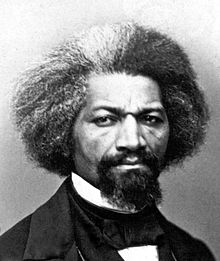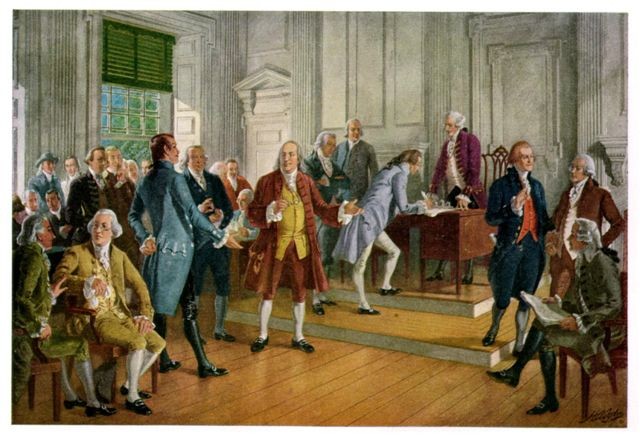
1. What role did the Revolutionary War play in the transformation of housewifely to Republican Motherhood?
During the Revolutionary War, woman played an important role, to raise and bring up the youth of the colonies/states well. "It is here she can best serve her country, by training up good citizens..." (Doc. A) The Mother of the family, was now not only responsible for household chores, but bring up the children, especially the boys well, that are trained to be successful. While the men were fighting, it was important that the woman had a good education in literature, as well as liberty and government to teach her sons (Doc B). The revolutionary war not only changed the nation, but it also transformed the woman from a caregiver to a Republican Mother that was an important aspect to the children's lives.
2. What were the consequences of Republican Motherhood on woman?
The consequences of the Republican Motherhood on the woman can be both positive and negative. The woman were certainly given more responsibility because they were 100% responsible for the children's upbringing (Doc A). Woman were also allowed and able to get more schooling and a better education, that would help them in the future (Doc B). On the negative side, woman "may never herself step beyond the threshold" (Doc D). This making woman very contained and still had very limited rights. As well as the woman had a lot of pressure to raise their family right (Doc D).
3. What is the significance of the ideology of Republican Motherhood as a stage in the process of women's socialization?
The Republican Motherhood, were baby steps to reach the society we live in today, and where woman fit in socially. "to prepare you for the duties of social and domestic life" (Doc B). The woman were starting to get an education, basic but an education none the less. Also the mother was a huge impact on her children's lives, and for each generation, the children got a little bit more education, making their lives better then the next.
+&+sons.+Maryland+Historical+Society..jpg) |
| Mary Gibson Tilghman and her sons |
1. Describe the setting.
The background looks like a simple home with basic walls and furniture. There is no sign of a father, and the mother is in the middle, representing her importance. She is holding her 2 children.
2. Who serves at the center of the portrait and why? How does the woman look? How is she "republican" rather than aristocratic?
The Mother is the center of the portrait because of her sole importance in raising the children and keeping the house going. The woman looks content and happy to be there with her children. She is not aristocratic because the way she is holding her children, and although she is wearing a dress, it is simple and an everyday outfit.
3. What values do her sons exhibit?
Her sons exhibit her purpose. Her sole job is to raise the boys into good men, and teach them the importance of liberty and government. The children also look happy and well behaved, traits probably thought by the mother.
4. Is there a significance to the position of Mrs. Tilgham's arm?
The arm represents her love for the boys, and her enjoying taking care of them. She is with them everyday, and her arm shows how she is glad that she has the two boys to care for and teach everyday lessons.

















+&+sons.+Maryland+Historical+Society..jpg)




